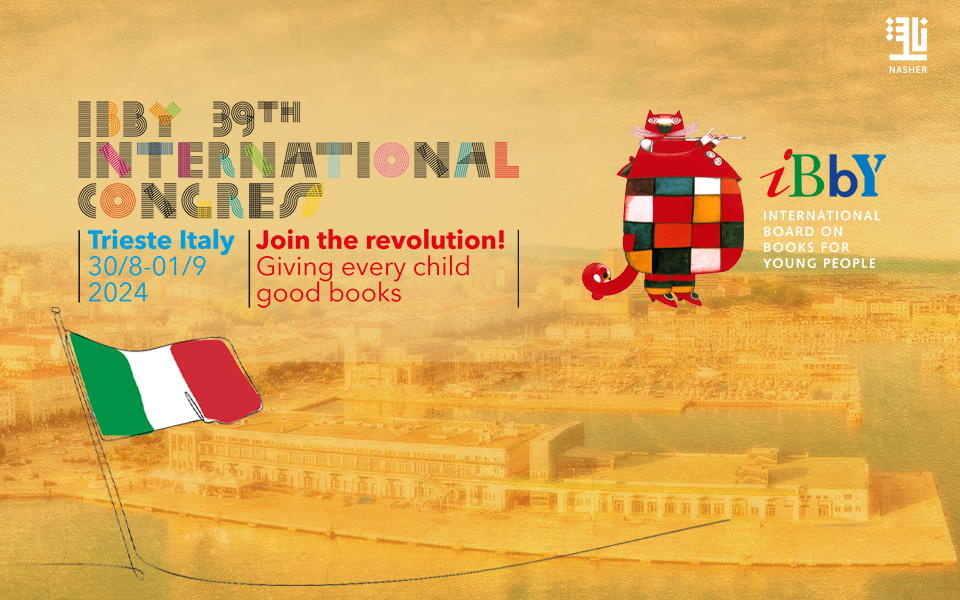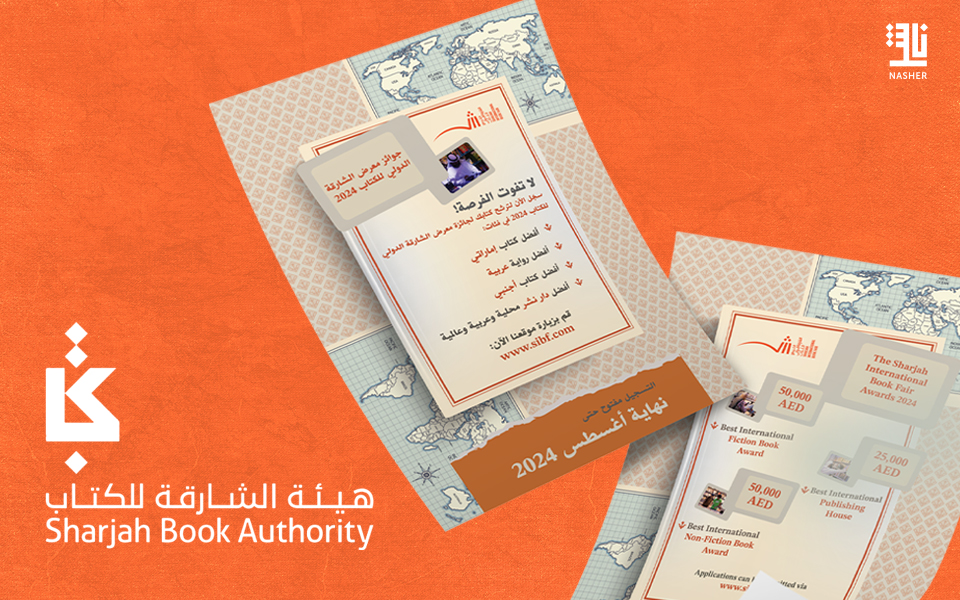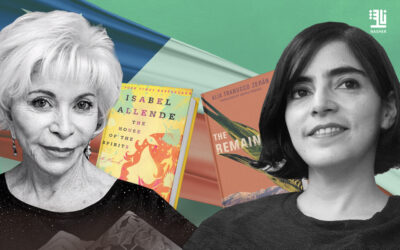On July 20, 2017, French-Tunisian historian Sophie Bessis handed over the first part of her family library to the National Library of Tunisia just one month after the death of her mother, Juliet Bessis.
A treasure trove of books and publications gathered by Aldo Bessis and his wife, Juliet, over a period of seven decades, the Bessis family library spans from the 1930s to the beginning of the new millennium and is divided into two sections. The first in Qabis city, southern Tunisia, has been delivered to the National Library of Tunisia, while the second is in Paris and due to be delivered this month (September).
Besides books, the Bessis family library comprises a collection of journals that were carefully collected by Juliet, who is also a historian with a passion for the details of Tunisia’s modern history, its institutions and its conflicts. The delivery of this literary legacy to the National Library is set to provide researchers with new perspectives and insights into Tunisian history, an important development given that historians have frequently complained about the many difficulties in documenting Tunisia’s history because of a dearth of information.
Sophie Bessis contributed greatly to her family’s library in her own capacity. She published a number of research works on Tunisia’s modern history, most notably the autobiography of the first Tunisian President, Habib Bourguiba. Conducting this research proved to be an arduous task, as libraries in Tunisia were at the time under the supervision of the Ministry of Culture. It meant that much of the information relating to the history of the national anti-colonial movement, both under the reign of Bourguiba himself or under the rule of his successor, Zine El Abidine Ben Ali, was difficult to obtain due to censorship.
The move by Sophie Bessis comes within the framework of the delivery of a number of the legacies of top literati to the Tunisian National Library and followed the recent handover of the library of Tunisian publisher Al Habib Al Lamsi, which contained around 50,000 books. This huge personal collection contained within it sub-libraries for renowned names, such as Tunisian historian Hasan Hosni Abdul Wahhab. This was a result of Al Lamsi buying the libraries of late intellectuals whenever he learned that their heirs intended to sell them.
Commentators on the initiative say that by receiving the libraries of the Bessis and Al Lamsi families, a big responsibility has fallen on the shoulders of the National Library to care for and curate these archives for both the respective donors and their heirs and for potential users, such as students and researchers.
Proponents say that it is time to consider the libraries of top Tunisian intellectuals as a source of knowledge and information and that The National Library of Tunisia should work to gain the trust of many literati who are still alive, whether by honouring them or by taking care of their delivered libraries. This, they say, will raise hopes that the handing over of libraries will not remain as just a personal initiative.

39th IBBY International Congress in Trieste
The International Board on Books for Young People (IBBY) announces that the 39th IBBY International Congress will take place in Trieste from August 30 to September 1. The biennial event, hosted this year by IBBY Italy, will unite IBBY members and experts in children’s books and reading development from all corners of the world. […]







